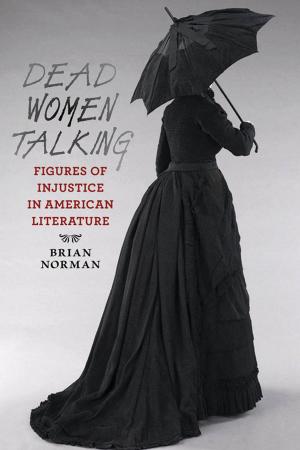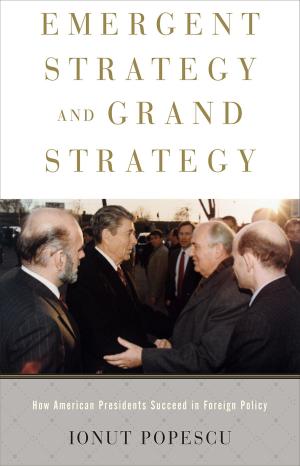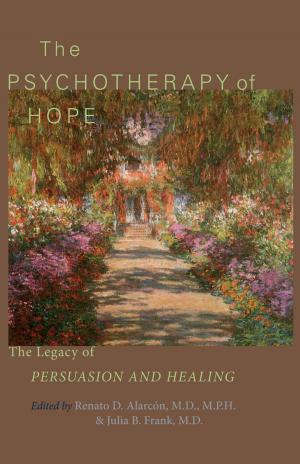The Ephemeral History of Perfume
Scent and Sense in Early Modern England
Fiction & Literature, Literary Theory & Criticism, Theory, Nonfiction, History, British| Author: | Holly Dugan | ISBN: | 9781421404226 |
| Publisher: | Johns Hopkins University Press | Publication: | November 1, 2011 |
| Imprint: | Language: | English |
| Author: | Holly Dugan |
| ISBN: | 9781421404226 |
| Publisher: | Johns Hopkins University Press |
| Publication: | November 1, 2011 |
| Imprint: | |
| Language: | English |
In contrast to the other senses, smell has long been thought of as too elusive, too fleeting for traditional historical study. Holly Dugan disagrees, arguing that there are rich accounts documenting how men and women produced, consumed, and represented perfumes and their ephemeral effects. She delves deeply into the cultural archive of olfaction to explore what a sense of smell reveals about everyday life in early modern England.
In this book, Duganfocuses on six important scents—incense, rose, sassafras, rosemary, ambergris, and jasmine. She links these smells to the unique spaces they inhabited—churches, courts, contact zones, plague-ridden households, luxury markets, and pleasure gardens—and the objects used to dispense them. This original approach provides a rare opportunity to study how early modern men and women negotiated the environment in their everyday lives and the importance of smell to their daily actions.
Dugan defines perfume broadly to include spices, flowers, herbs, animal parts, trees, resins, and other ingredients used to produce artificial scents, smokes, fumes, airs, balms, powders, and liquids. In researching these Renaissance aromas, Dugan uncovers the extraordinary ways, now largely lost, that people at the time spoke and wrote about smell: objects "ambered, civited, expired, fetored, halited, resented, and smeeked" or were described as "breathful, embathed, endulced, gracious, halited, incensial, odorant, pulvil, redolent, and suffite."
A unique contribution to early modern studies, The Ephemeral History of Perfume is an unparalleled study of olfaction in the Renaissance, a period in which new scents and important cultural theories about smell were developed. Dugan’s inspired analysis of a wide range of underexplored sources makes available to scholars a remarkable wealth of information on the topic.
In contrast to the other senses, smell has long been thought of as too elusive, too fleeting for traditional historical study. Holly Dugan disagrees, arguing that there are rich accounts documenting how men and women produced, consumed, and represented perfumes and their ephemeral effects. She delves deeply into the cultural archive of olfaction to explore what a sense of smell reveals about everyday life in early modern England.
In this book, Duganfocuses on six important scents—incense, rose, sassafras, rosemary, ambergris, and jasmine. She links these smells to the unique spaces they inhabited—churches, courts, contact zones, plague-ridden households, luxury markets, and pleasure gardens—and the objects used to dispense them. This original approach provides a rare opportunity to study how early modern men and women negotiated the environment in their everyday lives and the importance of smell to their daily actions.
Dugan defines perfume broadly to include spices, flowers, herbs, animal parts, trees, resins, and other ingredients used to produce artificial scents, smokes, fumes, airs, balms, powders, and liquids. In researching these Renaissance aromas, Dugan uncovers the extraordinary ways, now largely lost, that people at the time spoke and wrote about smell: objects "ambered, civited, expired, fetored, halited, resented, and smeeked" or were described as "breathful, embathed, endulced, gracious, halited, incensial, odorant, pulvil, redolent, and suffite."
A unique contribution to early modern studies, The Ephemeral History of Perfume is an unparalleled study of olfaction in the Renaissance, a period in which new scents and important cultural theories about smell were developed. Dugan’s inspired analysis of a wide range of underexplored sources makes available to scholars a remarkable wealth of information on the topic.















